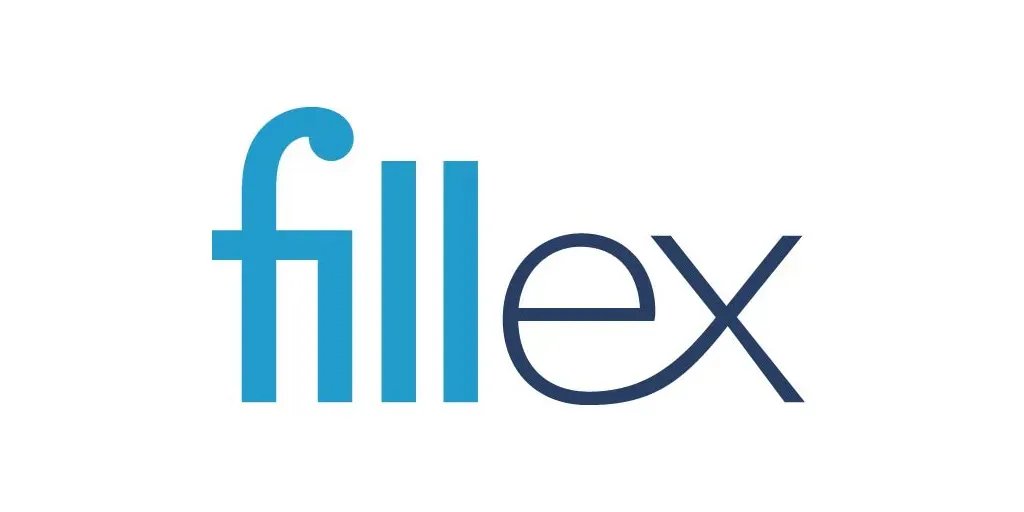BETHESDA, Md. —National Health Center Week (NHCW) kicks off today, with more than 800 events scheduled around the country. The celebration, sponsored by the National Association of Community Health Centers (NACHC), comes on the heels of new data released showing Community Health Centers now serve a record 31.5 million patients in 15,000 locations. One in 11 Americans depend on health centers for care, including 400,000 veterans, nearly 9 million children, and 1.4 million people experiencing homelessness.

President Biden marked NHCW by issuing a Presidential Proclamation noting health centers’ remarkable record of success in, “tackling health disparities in underserved communities,” underscoring his Administration’s support for doubling the size and expanding the reach of health centers.
“Time and again, evidence reveals that health centers make a powerful difference in the communities they serve,” said President Biden. “During the height of the COVID-19 pandemic, Community Health Centers distributed over 20 million vaccines — nearly 70 percent of which went to people of color and more than 20 percent to those who lived in rural areas. In these ways, they help bridge a critical gap in access to lifesaving prevention and treatment. And because of their patient-majority governing board structure, health centers ensure that their mission and decision-making are informed not only by medical experts but, principally, by the people they serve…. These investments are a matter of human dignity and fairness. When we fail to invest in the health outcomes of some communities, we all suffer. But when we take the necessary actions to improve care in every zip code, we are all better for it.”
NHCW comes as health centers navigate financial uncertainty. A funding extension for health centers expires on September 30th and will result in a 70 percent cut in federal funding if another extension is not authorized. Health centers already operate on thin financial margins and require sustained and reliable funding to recruit workforce and plan essential primary care services to meet the demand for care, such as behavioral health, dental, vaccinations, and routine preventive services that divert the chronically ill from costly hospital emergency room visits.
There is bipartisan agreement that health center funding should continue, but lawmakers face a very short calendar to pass needed legislation. With Capitol Hill in recess, advocates are inviting Congressional members from both sides of the aisle to visit a health center in their local districts to better understand the urgent need for continued resources. A NACHC analysis projects almost 7 million patients will lose access to care unless Congress acts to extend funding.








